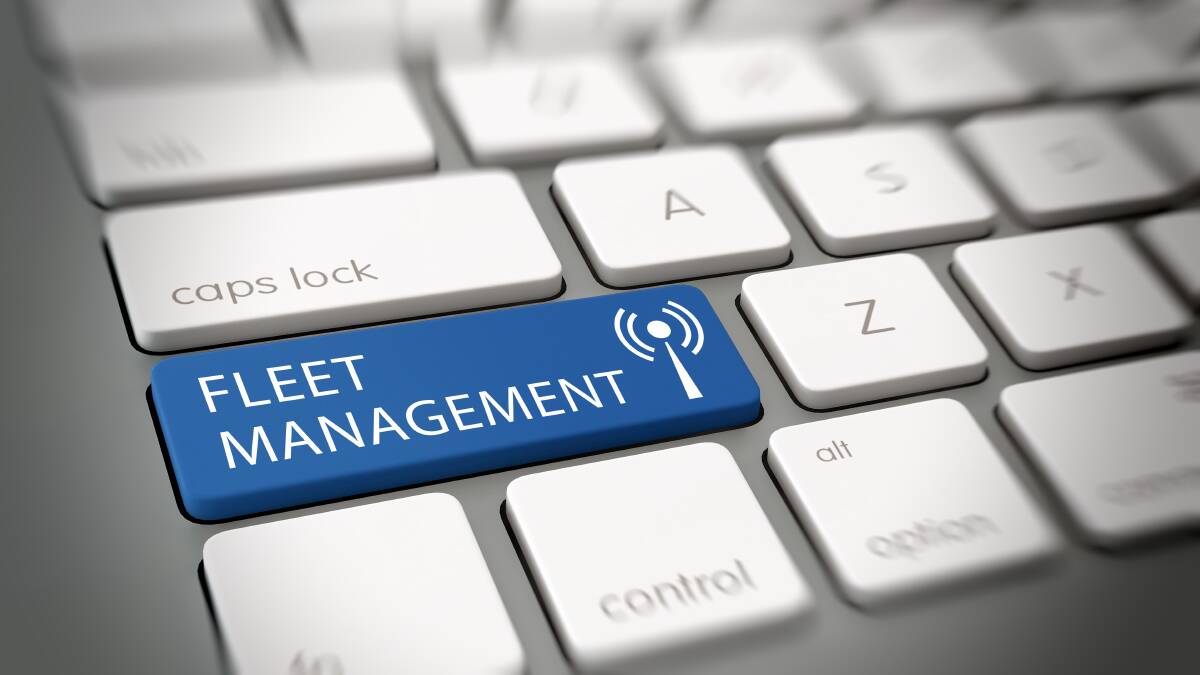A small business's guide to fleet management

This is branded content.
Fleet management refers to all the procedures taken to ensure that a fleet runs smoothly, within budget and on time.
This involves many responsibilities - from vehicle acquisition and disposal, routing and dispatch and asset management.
A fleet manager in any business is responsible for ensuring all these processes are accomplished within the required timelines and to the desired standards.
But do you really need to include these services in your budget? A fleet, generally, consists of five vehicles or more.
Therefore, before hiring a fleet management, make sure you have that number of cars or trucks already in service to avoid unnecessary costs.
As a small business, what are some factors you should consider for effective fleet management? Read on to learn more!
Monitor all data points
Data is very crucial in any fleet management, especially one that involves a lot of vehicles.
If you don't have the right systems, it can be quite difficult to keep tabs on all your vans, trucks and cars. Therefore, you should consider collecting data and analysing it from time to time.
One of the best ways of monitoring such information is by consolidating all your fuel purchases under a sole trader fuel card.
Analyse how every vehicle is consuming its fuel vis-à-vis the miles or tasks completed. If you realise that the fuel spent on one of the trucks is unreasonably higher than the rest, then maybe it's time to change that unit and bring a newer one.
Another monitoring system that you should invest in as a small-business fleet is a management software.
This will help you track all the vehicles - from the time they're dispatched to when they complete their trips. Such software applications also help you or your fleet manager to optimise routes and choose one that'll save fuel and time. (1)

Hire a fleet manager
Given the size of your business, it can be tempting to combine fleet management with other departments.
Inasmuch as this will save you a lot in manpower and money, it'll also bring confusion, which can hinder your fleet's operations. Therefore, you'll need to hire a dedicated fleet manager who'll make sure that your fleet receives the attention it deserves.
Of course, as a small business, you might not have enough room for another employee.
If that's the case, then you can consider a part-time employee. This doesn't have to be someone new to your business.
Find a member of your team who's savvy on fleet management and let them handle the responsibilities that come with it.
How about a fleet management provider?
A fleet management provider is a company that specialises in managing business fleets regardless of their size.
As a small business, you can save your staff some time by outsourcing most of the fleet management tasks. The employees can, therefore, focus on other areas that require their attention.
Keep in mind that you find a company that's ready to build a win-win relationship. In other words, look for firms that treat your business as a crucial part of their business.
This way, you'll enjoy first-class treatment, which is quite significant for any business.
Communication is key
As an entrepreneur, you already know what poor communication can do to a business. For all operations to run smoothly, there needs to be a clear structure that shows the flow of information from top to bottom and vice versa.
For instance, who does a driver contact in case of an issue? As the business owner, how can you reach all the drivers at the same time without interrupting their shifts?
These are some questions you'll need to ask yourself when developing an effective communication system. Once you've hired a dedicated fleet manager, make sure you hold regular meetings with them and update the drivers on a regular basis.
Proper driver training
Your fleet management isn't complete without the right employee training.
Every driver should go through proper driving sessions before they can be allowed to take the wheel.
Also, have clear and strict rules regarding distracted driving and cell phones. By so doing, you'll be prioritizing the safety of everyone who interacts with any of your vehicles. (2)
Conclusion
As a small business owner, managing your fleet might seem straightforward at first, but it'll surely become more complicated as the business grows.
From leasing or buying business vehicles to ensuring that all drivers are well-trained - it can be difficult to make all the decisions by yourself.
Therefore, as the owner, it's important that you consider the tips discussed in this article as early as possible. Hire a fleet manager or the services of a fleet management company.
Also, use fleet management software to analyse various data points and understand how each of your drivers and vehicles is performing.
References


